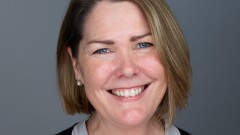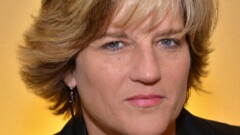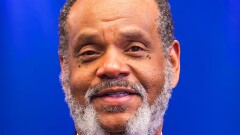As the profession looks ahead to a period of tremendous — and sometimes frightening — change, a little advice from accounting leaders can certainly come in handy.
As part of this year’s Top 100 Most Influential People survey, Accounting Today asked, “What one thing would you recommend accountants do to prepare for the future?”
Two pieces of advice were by far the most common: “Embrace technology” and “Be a life-long learner.” But the T100 offer plenty of specific ways to do both, as well as lots of other, occasionally more trenchant, advice — a selection of which is below.
(To see the full responses of all the candidates for the Top 100,






























